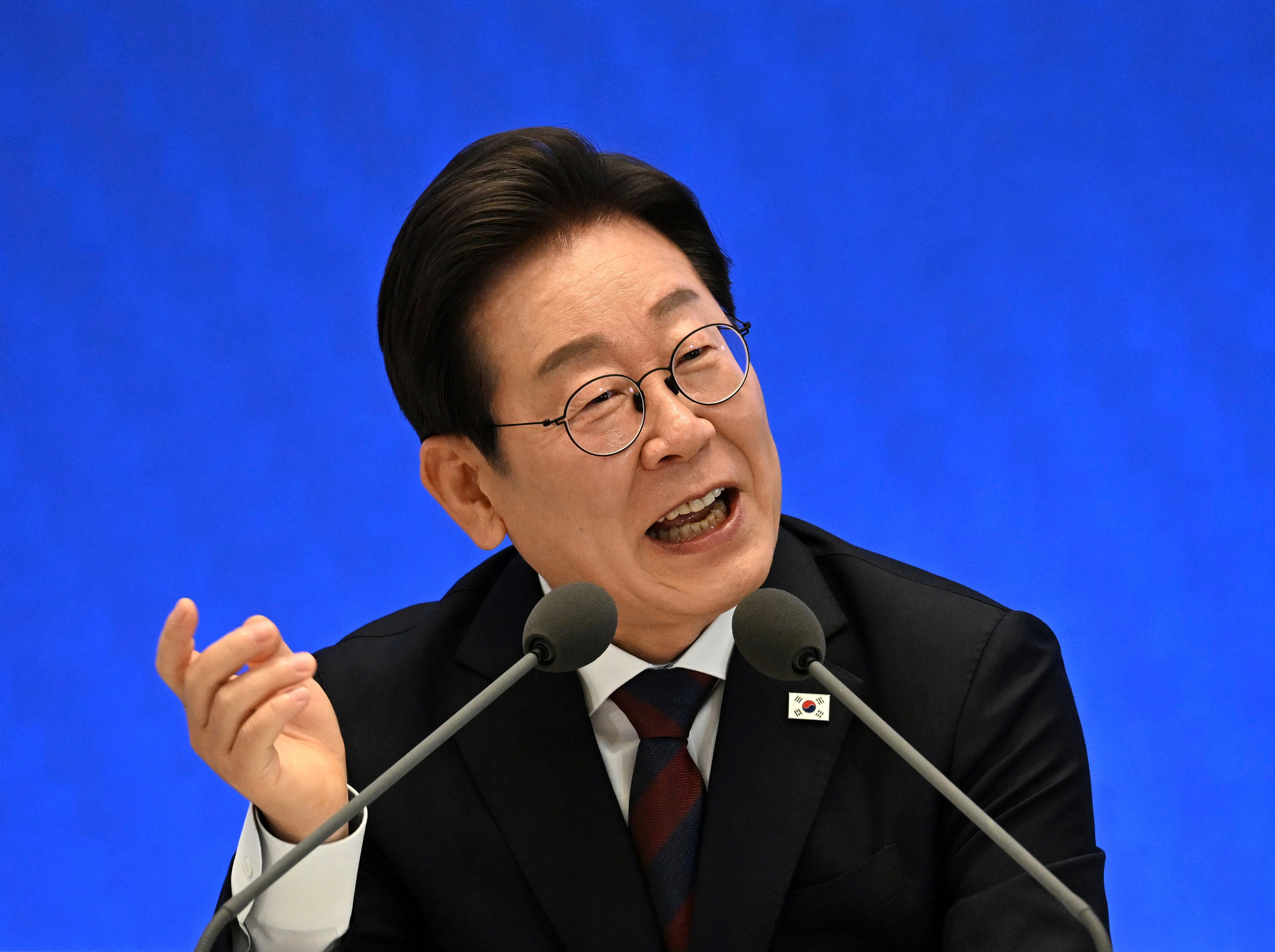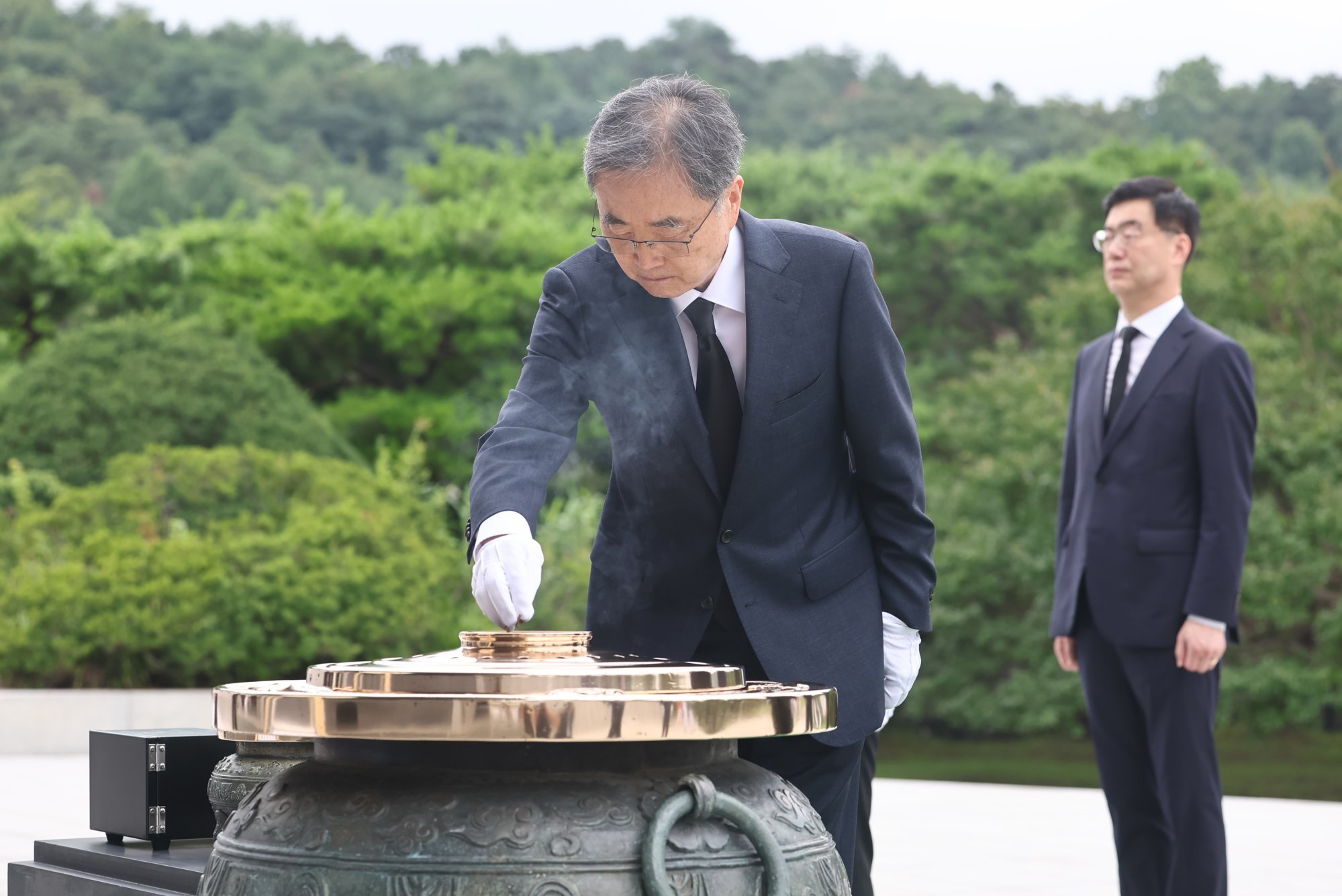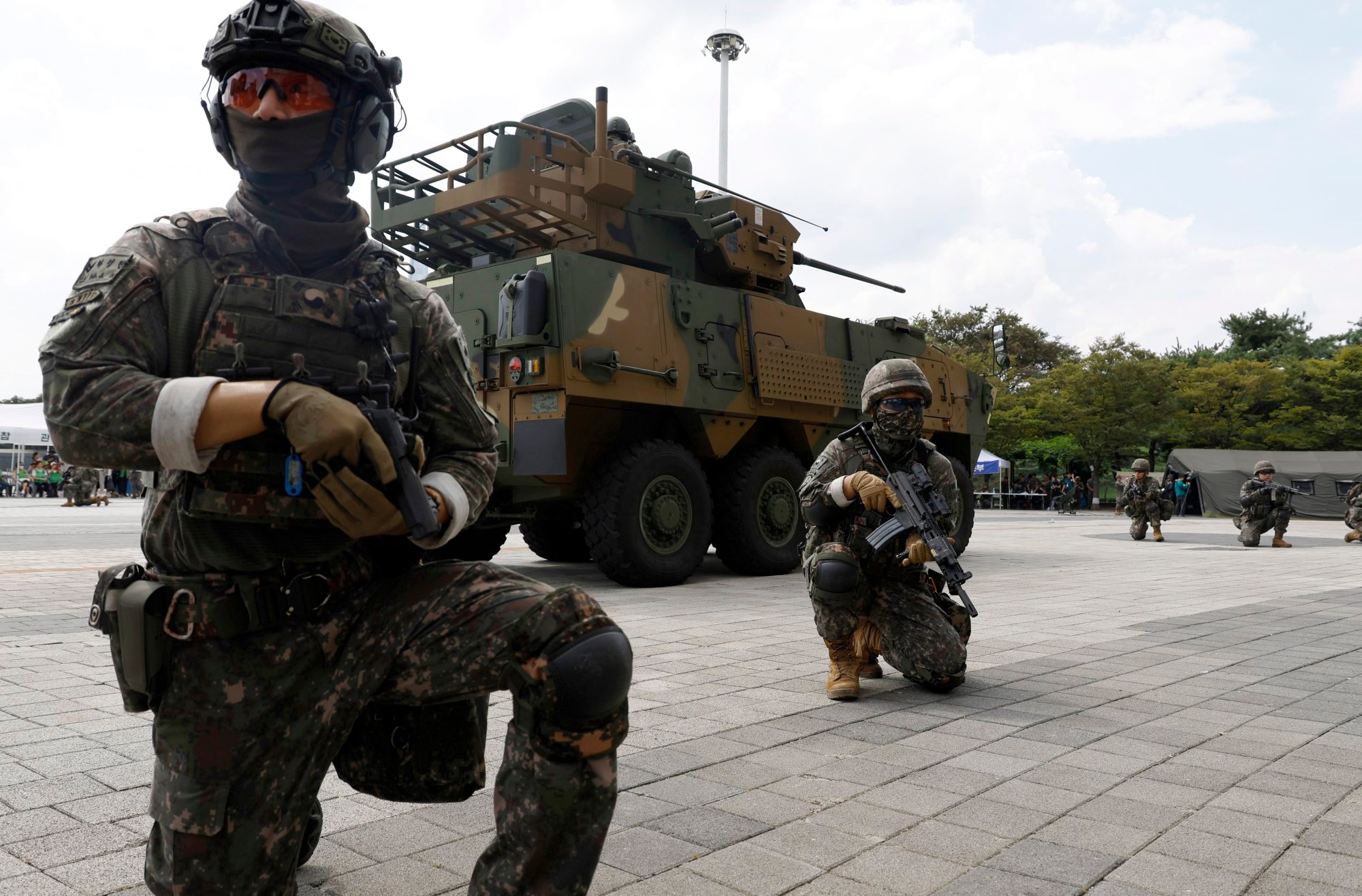‘Securing peace’: South Korea pivots to pragmatic diplomacy
Gone are the days of ‘friend-or-foe’, as Seoul’s new administration seeks strategic flexibility free of Yoon’s ‘black-or-white world view’

With a rare public apology and a pledge to move beyond “ideological divides”, South Korea’s newly appointed foreign minister has pushed aside past dogma – signalling Seoul’s shift towards pragmatic engagement under recently elected President Lee Jae-myung.
The clearest sign of this new direction came on Monday, when Foreign Minister Cho Hyun delivered the apology at his inauguration, acknowledging that the foreign ministry had “failed to meet public expectations” under impeached former president Yoon Suk-yeol, who is currently behind bars awaiting trial over his failed martial law decree.
“Diplomatic issues were exploited for domestic political purposes,” said Cho, a veteran diplomat with decades of experience. “We need to move beyond ideological divides and pursue a pragmatic diplomacy rooted in rationality and efficiency, with national interests at the centre.”

Analysts say Cho’s remarks echo President Lee’s determination to steer the nation away from the “friend-or-foe” world view that defined the previous conservative administration, which critics contend placed political alignment above practical diplomacy.
Cho singled out South Korea’s failed bid to host the World Expo in 2030 – an effort championed by Yoon despite formidable competition from Saudi Arabia – as emblematic of misplaced priorities.
He also alluded to “inappropriate comments” by former officials that strained key relationships, likely a nod to Yoon’s unsubstantiated allegations of Chinese interference in South Korean elections and claims about anti-state forces linked to North Korea and China.
Observers see Cho’s candid statements as a clear declaration that Seoul intends to break with the Yoon government’s value-based diplomacy in favour of a broader, more strategic approach: one that balances traditional alliances while expanding diplomatic outreach.
“Amid growing geopolitical tensions, securing peace on the Korean peninsula must be our top priority,” Cho said.
He pledged to pursue dialogue with North Korea through a “phased and pragmatic” process, working closely with the United States while keeping lines open to China and others.
South Korea can no longer afford the zero-sum logic of the pastChang Yong-seok, Korean unification researcher
Despite these aspirations, prospects for inter-Korean dialogue remain bleak.
Pyongyang has formally nullified inter-Korean relations, calling the South a hostile foreign state and deepening its military ties with Russia as the war in Ukraine grinds on.
North Korea’s nuclear weapons development further complicates any path to reconciliation.
Last month, both Koreas halted their cross-border loudspeaker broadcasts, ending a year of tit-for-tat psychological warfare. While the move has de-escalated tensions at the border, analysts caution that it does not signal a substantive policy shift from Pyongyang.
‘Black or white’
Cho’s remarks reflect a fundamental policy shift under Lee, Koh Yu-hwan, a professor of North Korean studies at Dongguk University, told This Week in Asia.
“The Lee administration sees the former government’s black-or-white world view as detrimental to national interests,” he said.
Unhandled type: inline-plus-widget {“type”:”inline-plus-widget”}
“This is in line with broader global trends, such as US President [Donald] Trump’s rejection of value-based diplomacy in favour of transactional, interest-based foreign policy.”
At his confirmation hearing last Thursday, Cho reiterated that South Korea would not act as a pawn in the US-China rivalry. He confirmed that Seoul was working to conclude tariff negotiations with Washington before a looming August 1 deadline, when the US is expected to impose a 25 per cent tariff on Korean exports.
Rejecting the binary logic of “the US for security, China for the economy”, Cho emphasised South Korea’s commitment to a balanced and independent foreign policy.
Asked whether President Lee would attend China’s Victory Day celebration in Beijing on September 3, Cho declined to confirm, citing sensitive negotiations with the US over trade and security.
Diplomatic sources suggest Lee’s participation is unlikely, particularly with his first summit with President Trump still unscheduled.
Appearing alongside Chinese President Xi Jinping and Russian leader Vladimir Putin, the latter of whom remains under international sanctions for the war in Ukraine, would risk diplomatic fallout for Seoul, they warn.

“It would be an awkward scene, politically and diplomatically,” said Chang Yong-seok, a senior researcher at Seoul National University’s Institute for Peace and Unification Studies.
“Instead, Seoul will likely prioritise resolving the trade issue with Washington while cautiously improving ties with Beijing.”
Chang added that, ahead of the Apec summit South Korea is set to host in August – which Trump and Xi might attend – Seoul could scale back its annual Ulchi Freedom Shield joint military exercise with the US to avoid inflaming regional tensions.
“To maintain peace and stability on the Korean peninsula, South Korea can no longer afford the zero-sum logic of the past,” Chang said. “Pragmatism and balance are the only viable path forward.”